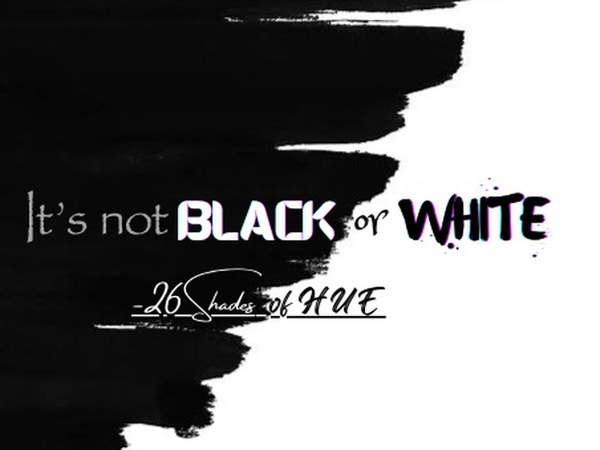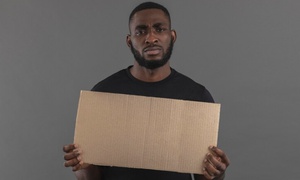<p>Ever feel like something just isn't quite right, even if you can't put your finger on it?</p><p>Or that there's more to a situation than what's being said?</p><p> That feeling often points to nuance. Nuance is simply the small, subtle differences in things, how something feels, sounds, looks, or means. It's not always obvious, and it's definitely not something we're born knowing. It's a skill we learn over time, through living and paying attention.</p><p>Understanding nuance means looking past the obvious. </p><p>Imagine someone says, "I'm fine." </p><p>On the surface, it sounds simple. But if their voice is shaky, their eyes are downcast, and they're usually upbeat, you pick up on a nuance. That's the "oh" moment. You realize "fine" actually means "I'm struggling," and suddenly, you see the bigger picture. </p><p>It's noticing the tiny shifts in tone, a quick glance, or a pause that tells you there's more to the story. It's the difference between just being "mad" and being "deeply hurt" or "frustrated." When we miss these small cues, we don't just misunderstand; we miss chances to truly connect or help.<br/></p><p>So, how do we sharpen this skill? </p><p>It's like building any muscle, it takes practice. It starts with truly listening to people, not just waiting for your turn to speak. Pay attention to how they say things, not just what they say. Watch their body language, their expressions. Then, think about why they might be saying or doing something, considering their situation. This is where empathy comes in, trying to put yourself in their shoes. </p><p>Each time you pause, observe, and consider, you strengthen your "nuance muscle." It’s a slow, ongoing process, but every little bit helps.</p><p>Life rarely fits into neat "yes" or "no" boxes. Think about a disagreement with a friend. It's usually not one person being totally right and the other totally wrong. There are layers: maybe one person was stressed, the other misunderstood, or both had valid points that just clashed. Nuance helps us see these layers. It helps us realize that two seemingly opposite things can both be true at the same time. It's what allows us to find common ground, to have real conversations instead of just arguments, and to build stronger relationships because we understand each other's messy realities.</p><p>You know how some people just seem "wise"? They're usually the ones who naturally grasp nuance. They don't jump to conclusions. They listen, they observe, and they try to understand all the small pieces of a puzzle before deciding. They can often see why someone acts a certain way, even if they don't agree with it. This deep understanding makes them patient and keeps them from getting caught up in simple "us vs. them" thinking. Wisdom isn't just knowing a lot of facts; it's about understanding the subtle, interconnected ways those facts play out in real life.</p><p>In the end, understanding nuance is a powerful skill we continuously refine. It helps us look past the obvious, appreciate the small but important differences, and accept that life is full of complexities. It's a key part of being wise. In a world that often pushes us to think simply, taking the time to understand nuance helps us connect better with others, make smarter choices, and build a more understanding and compassionate world. </p><p>Start looking for those tiny differences, you might be surprised by how much you begin to see.</p>






Comments